Tata Technologies and GKN Automotive, in a strategic move, have got together for emobility. A global software engineering centre is their first byproduct. It is expected to be the nerve centre for growth.
Story by: Ashish Bhatia
It’s no longer about resuming prior investment plans. It’s about earmarking capital expenditures for growth and expansion. Digitisation, research and development spend and emphasis on upskilling for an efficient ecosystem are gaining prominence in long-term strategic plans. Testimony to it is the Tata Technologies Ltd. and GKN Automotive Ltd. partnership which was firmed up earlier this year with an agreement. Within three months of signing it, the two companies with close coordination got the new nerve centre up and running. The soft-launched global e-mobility software engineering centre (in Q2FY2020) located at Bengaluru will power next-generation e-powertrains (e-drives). Elaborating on the development in hindsight, averred Warren Harris, Managing Director and Chief Executive Officer, Tata Technologies, “The launch of the global e-mobility software engineering centre will help both companies expand and accelerate growth channels in the e-powertrain segment.”
Explained Harris, that the centre will fuse Tata Technology’s expertise in e-powertrain and embedded systems with GKN Automotive‘s next-generation e-drive technologies essentially comprising of an electric motor, high-voltage lithium-ion battery and a smart battery management system. With a potential to reshape the future of sustainable e-mobility, the milestone centre, according to Harris, will play a pivotal role in the development of reliable and higher quality technical solutions that create real value for customers.
The milestone
Despite Covid-19 induced challenges and delays, Tata Technologies and GKN Automotive, according to Harris, completed the 12,650 sq. ft area centre in a six months time span. “Housing a design studio and laboratories besides meeting and conference rooms, by the turn of the calendar year 2020, the centre is expected to house more than 100 capable engineers from the present 65 experienced on Autosar and embedded software,” he said. With adequate support staff, the centre will be opened in a phase-wise manner in strict compliance to hygiene, sanitisation and social distancing practices. At Tata Technologies, the focus is on embedded software offerings to tap the opportunities arising from autonomous, connected and electric vehicles. Recognising drive system innovation as central to mobility, the company wants to build a pool of talent with deep domain expertise, and harness it in the new centre. To bring in efficiencies, explained Harris, it will leverage the in-house manufacturing domain knowledge and the comprehensive experience of dealing with global Original Equipment Manufacturers (OEMs) and tier 1 businesses. It will also bank on the two partners’ exposure to leading European, the US and APAC-based OEMs to expand globally.
On the other hand, headquartered in the UK, global technology company GKN brings to the table its end-to-end capability of developing, building and supplying advanced e-powertrains with a million electrified vehicles already on-road. Having fitted its first e-drive in a production car nearly two decades ago, GKN wants to capitalise on its partner’s expertise in electric and embedded systems besides the capabilities of attracting the top talent pool in India for the dedicated automotive facility. According to Liam Butterworth, Chief Executive Officer at GKN Automotive, the crucial milestone is essential for accelerating growth and expansion by way of localising products in India. It’s also a stepping stone to widening the customer base. The Government of India’s emphasis on going ‘Vocal for Local’ makes it an apt time to develop indigenous world-class engineering capabilities, he stated.
The business case
GKN Automotive has commercialised e-drives for 13 electrified models from 10 global brands known to include four major OEMs. Spanning premium four-wheel-drive SUVs to an electric city car, the three-in-one e-drive system is known to package advances in electric motors, transmission, traction inverters, software and controls. Incidentally, the market for embedded systems was expected to breach the USD 86.5 billion mark in 2020. It was projected to reach a valuation of USD 116.2 billion by 2025 at a 6.1 per cent compounded annual growth rate. Even as Covid-19 is being looked at as a big jolt to the projections for the embedded systems and related components, new product development is expected to prove lucrative for companies like GKN Automotive and Tata Technologies, ready to sweat their assets for the long-term.
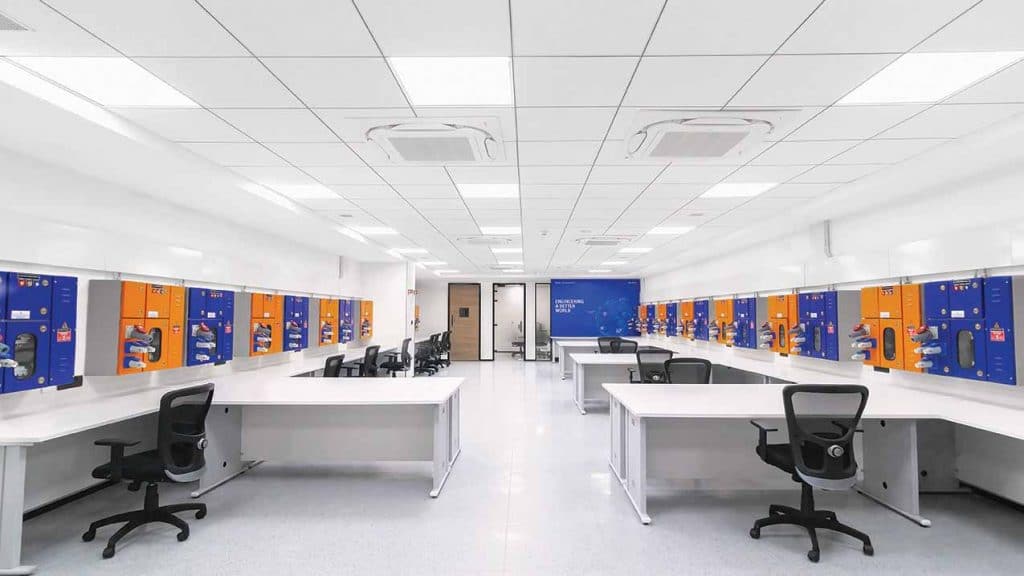
With the market yearning for a China plus one import strategy, the two entities continue to look at it as a strong business case. Opined Harris, “From an e-mobility perspective, we believe that the prospects have actually improved post-Covid 19 with electric vehicle sales growing rapidly across geographies. Both in China and the US, e-mobility sales have hit a new benchmark and most OEMs are accelerating the launch of their e-mobility products to meet their customer requirements.” Harris explained that the centre will be utilised for the initial focus upon delivering software to GKN Automotive which will inturn package it with their driveline and e-powertrain solutions. “We are looking at the centre as a platform for further collaboration with GKN in other areas too making it a very important milestone for our organisation,” he stated. Harris also confirmed that the centre would initially work with global customers, and over time, look at servicing Indian companies. ACI





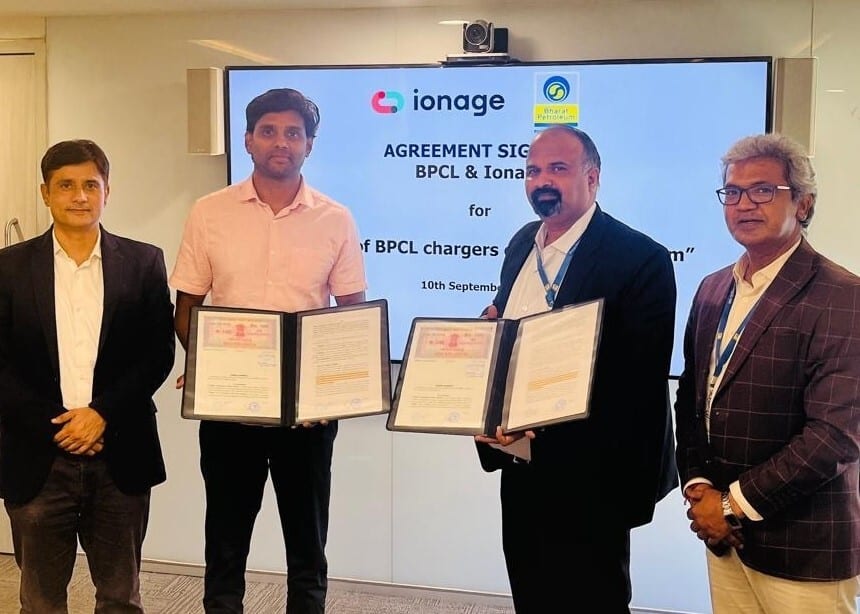
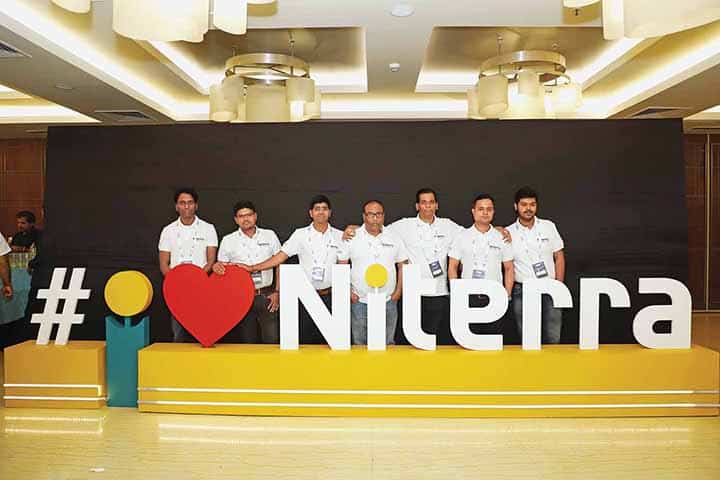
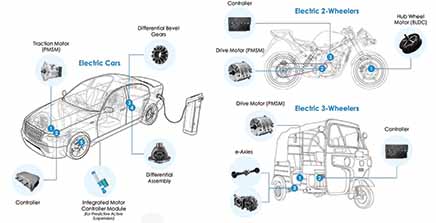


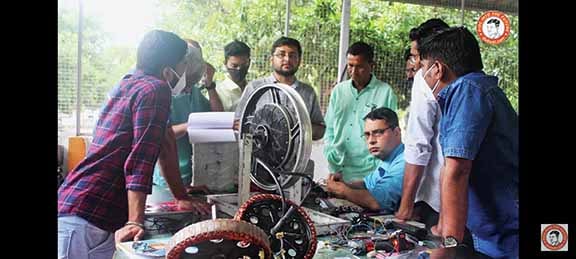
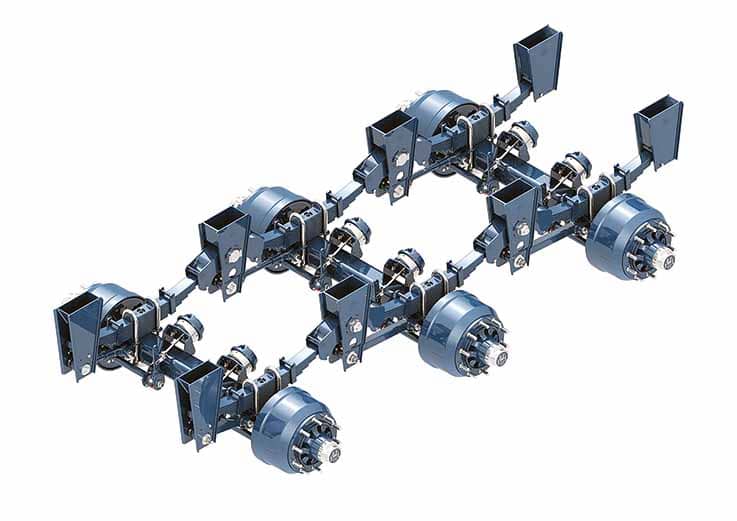


Leave a Reply